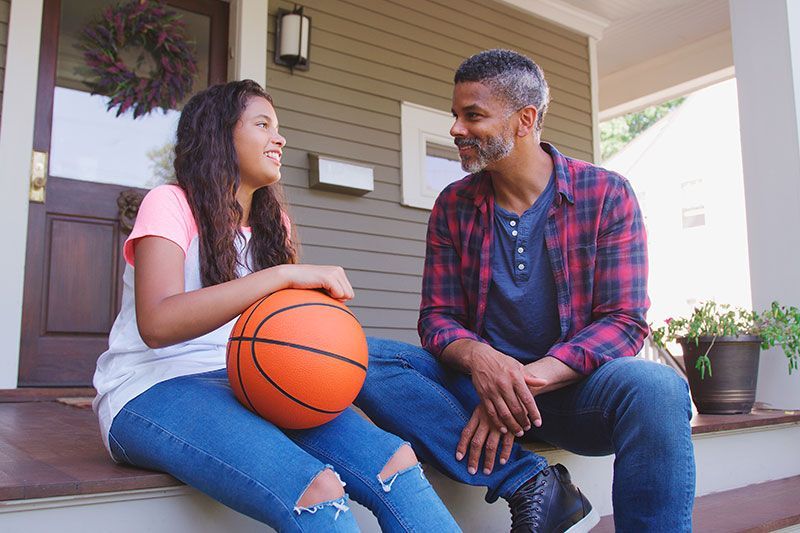How to Best Handle Kids’ Questions About Dementia

Children are naturally curious, and when a loved one begins showing signs of dementia, they’re bound to have questions. “Why does Grandpa keep asking the same thing?” “Why did Grandma forget my name?” “Is she mad at me?” As a parent, you may not have all the answers, but what matters most is creating a safe space for open conversations to answer kids’ questions about dementia.
Why It’s Important to Talk About Dementia
Avoiding the topic won’t make it easier. In fact, children often pick up on changes, even if no one explains them. Without guidance, they may feel confused, scared, or even believe they’ve done something wrong. Talking openly about dementia helps them process what’s happening and reassures them that their older family member still cares about them, even if they don’t always remember in the same way.
How to Explain Dementia to a Child
The way you approach the conversation depends on the child’s age and understanding. Keep explanations simple and honest, using language that feels natural.
- For young children: Compare dementia to a puzzle with missing pieces. “Grandpa’s brain is like a big puzzle, but some of the pieces are missing. This makes it harder for him to remember things.”
- For older children and teens: Offer a bit more detail. “Grandma has an illness that affects her memory and thinking. She might forget things or get confused, but it’s not because she doesn’t love you.”
- For all ages: Reassure them that dementia isn’t contagious, that they haven’t caused it, and that their family member still values their presence, even if they express it differently.
Encouraging Connection and Understanding
Spending time with a loved one who has dementia may feel different, but it can still be meaningful. Encourage children to interact in simple, pressure-free ways:
- Look through old photo albums together
- Play music they both enjoy
- Do an easy craft or activity
- Share a snack or meal
- Watch a favorite movie or show
Let kids know it’s okay if the person forgets their name or tells the same story more than once. What matters is the time spent together, not whether the details are perfect.
Helping Kids Cope With Their Emotions
It’s normal for children to feel sad, frustrated, or even embarrassed about a loved one’s changing behavior. Give them space to express their feelings without judgment. Encourage them to ask questions, talk about their emotions, or even write or draw about their experiences.
Remind them that while dementia changes a person’s memory, it doesn’t erase the love and connection they share.
Our Dementia Care Team Can Help
If dementia is affecting your family, you don’t have to navigate it alone. Our dementia caregivers are extensively trained and experienced in making life with dementia as comfortable as possible for the person diagnosed and those who love them. Give us a call at 617-376-3711 to learn more about our skilled Alzheimer’s care in Boston, Metro West, South Coast, and the surrounding areas in Eastern Massachusetts, with live-in care services available throughout New Hampshire, Vermont, Maine, and Massachusetts.



